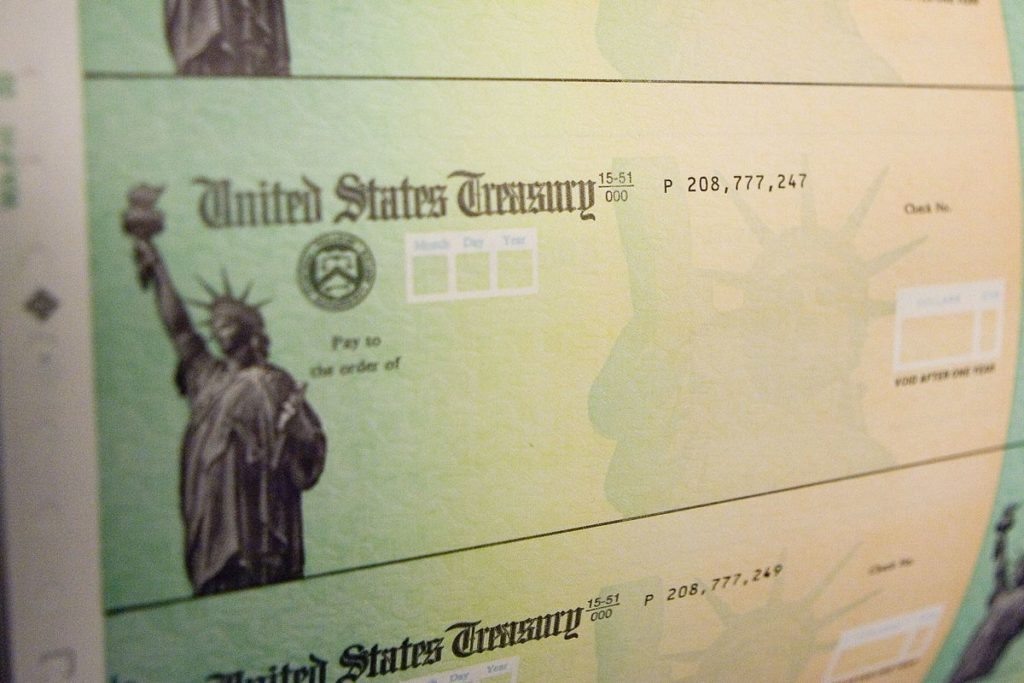
As many Americans await money from the federal government in response to the COVID-19 pandemic, criminal imposters have been sending fraudulent checks, along with using phone calls, text messages, and social media advertising in scams that use this financial relief as bait. This scam does not just apply to individuals – small businesses are a target right now as well.
Here are a few things to look out for and ways to ensure that any financial aid information you receive is an official communication from the U.S. Department of the Treasury.
⏤
Updates: Second Round of Stimulus Payments
The Coronavirus Aid Relief and Economic Security (CARES) Act provides a government stimulus payment via check or direct deposit to eligible individuals. The $900 billion in additional COVID-19 relief was signed on December 27, 2020.
Here are a few things to know about the latest round of payments.
- Not all payments will be distributed at once. Direct deposits will continue to post throughout the month of January.
- This payment should be received in the same way you receive other payments from the IRS, including tax returns and earlier stimulus payments. If you received a check from the IRS instead of direct deposit for an earlier payment, you should expect a check again.
- Payments from the IRS began in the last week of December with more payments occurring in early 2021.
- To check on your stimulus payment status, please visit www.irs.gov/coronavirus/get-my-payment.
For more information about these payments or to check your eligibility, please visit: www.irs.gov/coronavirus/economic-impact-payment-information-center.
The IRS will never call or text to verify personal information or bank account details in order to “release” funds.
Beware of reports that others have already received their checks, and that additional information is required for you to receive your funds.
Scammers may use phone calls, text messages, email, or social media to say that you may qualify for a COVID-19 government grant and ask to verify your identity by requesting your social security number, account details, or other personal information. They may also request a small “processing fee” that will allow them access to your account.
Review any checks received for red flags:
- Checks for extremely high dollar amounts
- Checks for odd amounts, such as amounts containing cents
- Checks that do not list a phone number in the accompanying letter
Click here to review the features of an official check from the U.S. Treasury.
When in doubt, you can verify a check online, call the U.S. Treasury at (800) 826-9434, or email inquiries to check.claims@fms.treas.gov.
Remember that the IRS will NEVER:
- Demand payment over the phone.
- Try to collect past payments without mailing a bill first.
- Threaten arrest or law enforcement action for failure to pay.
- Demand payment without appealing the amount owed.
- Ask for debit or credit card information over the phone.
- Request specific amounts of payment in the form of prepaid debit cards, gift cards, or wire transfers.
What if you receive a fraudulent check?
Any suspicious checks received should be reported to the FTC’s Division of Consumer and Business Education and reported to local law enforcement.
⏤
It has never been more important to stay vigilant against criminals who are taking advantage of this crisis. Click here for more information about active cyber scams and how to maintain your security.
Orion is here for you. Click here to see how we are supporting our members during COVID-19.

